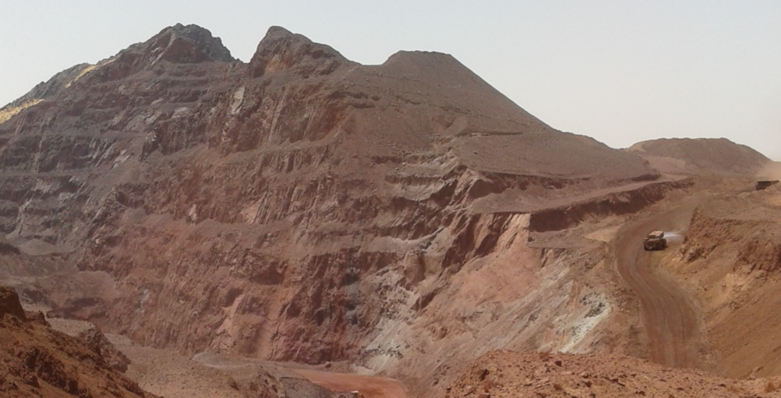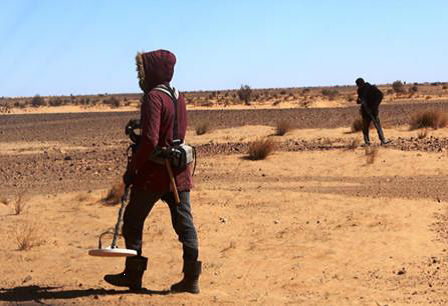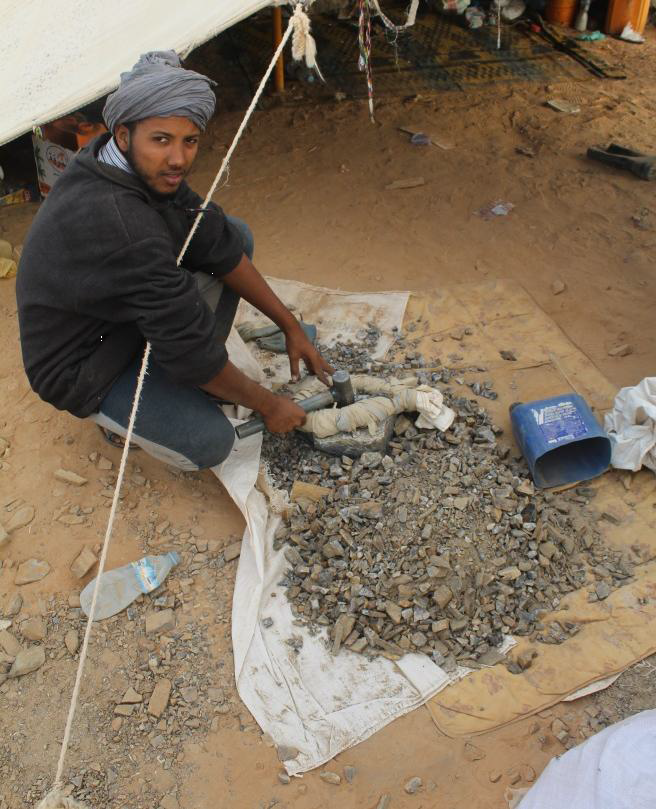Context
Mauritania is dependent on revenues from its extractive industries. The mining sector alone generates 29 per cent of all government revenue. The country exports copper and gold, but predominantly iron ore. In spite of its geological potential, the commodities sector is insufficiently diversified. This makes Mauritania more dependent on fluctuations in the global market price for mineral resources than almost any other country.
In recent years, Mauritania’s Government has agreed to make gradual reforms to mining, specifically to the legal frameworks and institutional competencies as well as to the cadastral system and the geological information system. However, the relevant governmental institutions still do not have a coherent strategy for coordinating the mining sector – one that would enable mining to evolve into an even stronger branch of industry able to create jobs and increase local added value.
Objective
The basic requirements for establishing a sustainable and diversified extractive sector in Mauritania are established.


